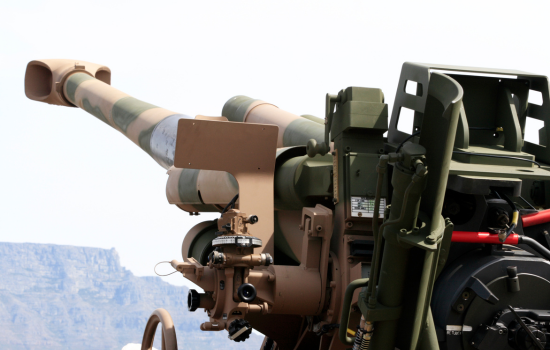Xinjiang Explosion: Accident or Terror Attack?
On Friday evening, 9 September an explosives-laden truck–apparently a military vehicle–exploded on a crowded suburban street in Urumqi. The incident would seem to be merely another instance of the poor safety proceedures so common in China were it not for its timing and location. Urumqi, a sprawling city in the mountains of Western China is the capital of the Uighur Autonomous Region of Xinjiang, where separatism and unrest simmer just beneath the surface, threatening to boil over at any time.
Nationalism and rebellion
Xinjiang is home to a non-Chinese people known as the Uighurs, a Turkic people who claim descent from Genghis Khan, speak a Turkic language and follow the Muslim religion. Once citizens of an independent “Republic of Eastern Turkistan,” the Uighurs sit uneasily under Chinese rule.
The province–particularly Urumqi–has seen an upsearch in national separatist aspirations in recent years. China’s attempts to quell the unrest have been met with riots, demonstrations and–on at least four occassions–fatal bombings of public buses.
The situation is further aggravated by the Chinese government’s demographic policies. Only thirty years ago the province’s population was over 90% Uighur. Now, due to government resettlement policies, Han Chinese constitute almost half of the population. The vast majority of the Chinese settlers reside in the larger cities such as Urumqi. Of the separatist-related attacks in Xinjiang, the vast majority were directed at settlers. Attacks on military facilities and transport have also been common, as well as raids on police stations and attacks against security personnel.
Unusual circumstances
Given the tension in the region and the character of past incidents, the explosion of a military vehicle in a city with a large number of settlers cannot but arouse suspicion of foul play. Accidents involving explosives are common in China, where industrial grade explosives are often transported for use in construction work, often without adequate safety measures. However, the circumstances of the explosion in Urumqi are somewhat unusual.
The Chinese media reported that the truck was carrying explosives intended for disposal. At around 7:30 pm on Friday night, while stuck in a traffic jam in the Western suburbs of Urumqi, the explosives detonated. The explosion destroyed twenty nearby vehicles and leveled surrounding homes. Sixty people were killed and another 173 were wounded, according to official counts.
Witnesses said that the majority of the dead and injured were passengers of vehicles–mainly buses and minivans–near the truck. One eyewitness quoted by the Ta Kung Pao newspaper said that the blast was so powerful that at least nine vehicles near the truck were blown to pieces. “The explosion happened when people in Urumqi were coming out of work. Part of the road was under repair and there was a traffic jam. Many long-haul coaches, buses and trucks were all stuck there,” the report said.
At the time of the blast Chinese Premier Zhu Rongji was touring the region and may have been in Urumqi when the incident occured. He was in Urumqi the following morning for a meeting with Robert Rubin, former US Treasury secretary and a senior official of Citigroup. Rubin was also apparently in Xinjiang at the time of the explosion but no mention was made of the incident during his meeting with Zhu.
Some have speculated that if the explosives were so susceptible to accidental detonation, then the explosion should have caused a chain reaction among similar explosives in the convoy. There was no mention of the truck being involved in a collision with another vehicle; apparently the detonation occurred while the truck was stopped.
Government downplays possible separatist link
Erkin Ekrem, the leader of a pro-separatist group was quoted by AFP as saying, “This accident is very strange.” He wondered what such a large quantity of explosives was doing in Urumqi.
What is certain is that the Chinese establishment is treating the incident quite seriously. Local authorities immediately set up a special taskforce to investigate the cause of the explosion. The central government sent a team of investigators led by Vice-Minister of Public Security Tian Qiyu to Xinjiang. While officials have insisted that the blast was the result of an accident, the investigators have not ruled out a connection with the separatists.
And yet, even if such a connection is proved beyond doubt, it may never be made public. In the past the Chinese government has tended to downplay incidents of separatist violence. In the case of the bombing of a bus in Beijing in 1997, the government denied that the incident was linked to separatists, even after a Uighur militant group claimed responsibility for the blast.
At the same time, Beijing has continued to seek international cooperation in countering what it calls “splitist” violence. China claims that arms and drugs are crossing the border from Afghanistan into Xinjiang, while Islamist ideologies threaten to further encourage separatist aspirations in the restive province.
It is too early to say whether the explosion in Urumqi was an intentional act of sabotage or merely another instance of poor handling of explosives. However, the incident is bound to serve as a learning experience in Xinjiang–both for the Chinese rulers and for the Uighur separatists.






